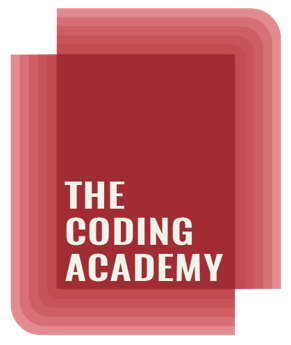|
How to use the glossary
This glossary contains medical terms, and the
definitions of those terms. For many terms, the definition also
includes a pronunciation guide.
You can use the glossary in three ways:
- Look at all the terms in a category
- List all terms beginning with a
particular letter
Click on these options for more information. You can also learn more
about searching for words, the pronunciation
guide and the
policy on spelling.
1. Display a category
What to do
Click on one of the categories listed in the blue panel at the left of this page. These are
grouped into types of terminology, body systems, and diseases and procedures
What you will see
Terms and definitions associated with this category. The terms are in alphabetical order. If a
word in a definition is also a term in the Glossary, it is shown in blue.
For some categories there are also 'thumbnail' pictures of parts of the body.
Hint: Click a thumbnail picture to see it at full size. Click the Print option in the full
size picture to print it out.
2. List by first letter
What to do
Click on a letter in the green panels at the top or bottom of this
page.
What you will see
All the terms that begin with that letter and their definitions. The
terms are in alphabetical order. The category that a term belongs to is shown underneath.
Note: some terms appear twice, if they belong to more than one body
system.
Hint: Click on the category below the definition to see all terms in that category.
3. Searching for a word
An online version of this Glossary is available that enables you to search for any word, or part
of word, in the terms or definitions.
What to do
You must be connected to the Internet in order to access the online Glossary.
Pronunciation guides
For many terms, the first line of the definition is a pronunciation guide.
Each term is broken down into syllables, with each syllable written in a way that represents its
sound. The syllable that should be stressed is followed by an inverted comma. So for example,
ep-i-der'mis
should be said:
ep-i-DER-mis
Remember that this is only a guide! People say words in many different ways, depending on their
accent or personal preference. The guide is simply intended to indicate each word's commonly used
pronunciation.
Spelling
The spelling of words is not a fixed matter. In particular, many spellings are different in
British and American English, and there is a trend for American spellings to become more accepted
in the UK. For example, 'foetus' is now widely spelled 'fetus' in the UK; though 'oesophagus' is
less rarely spelled 'esophagus'.
This Glossary includes what is currently believed to be the most commonly used spelling of words
in the UK, but remember that you may come across alternative spellings, especially in text books
of American origin.
|


